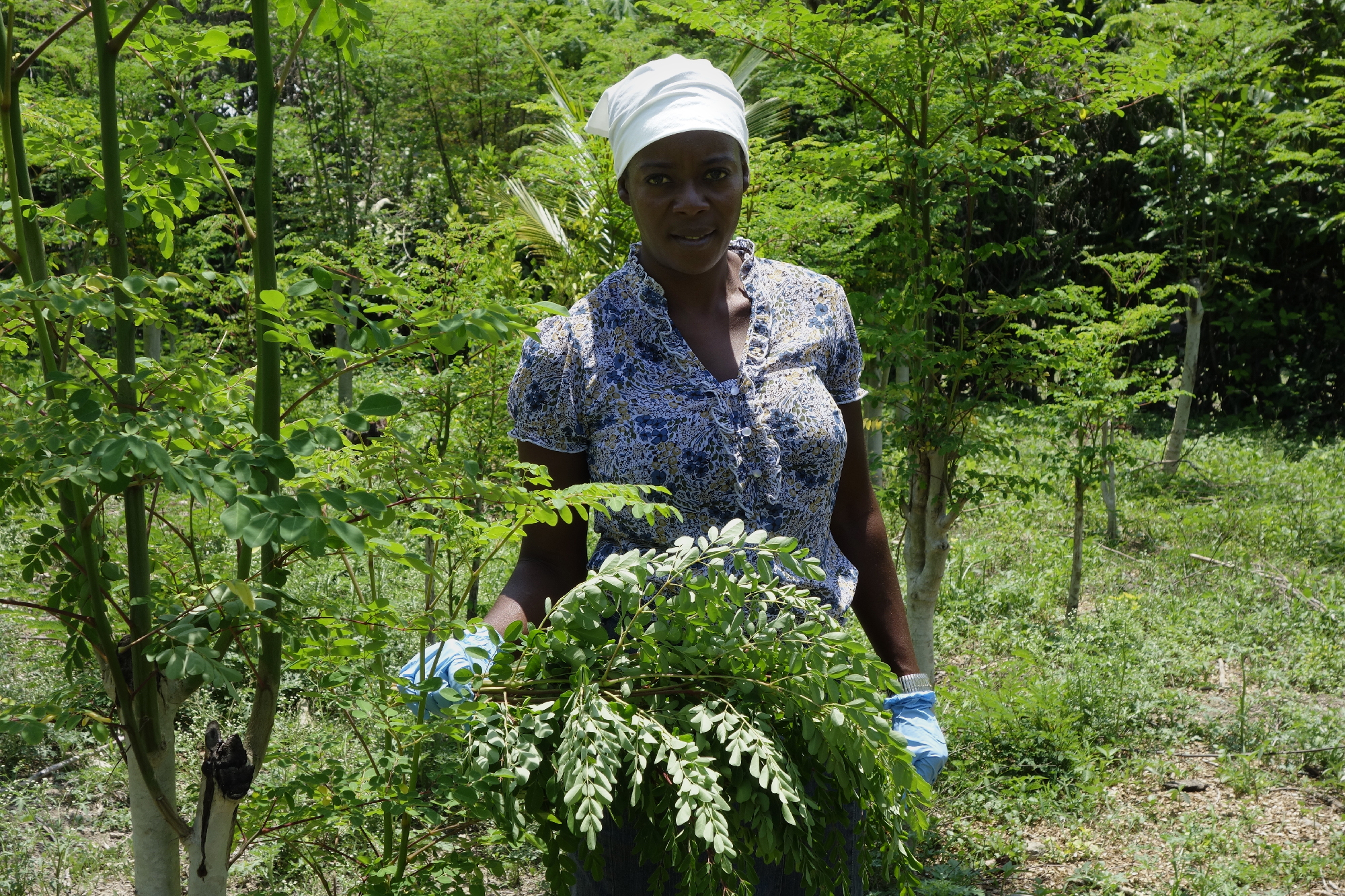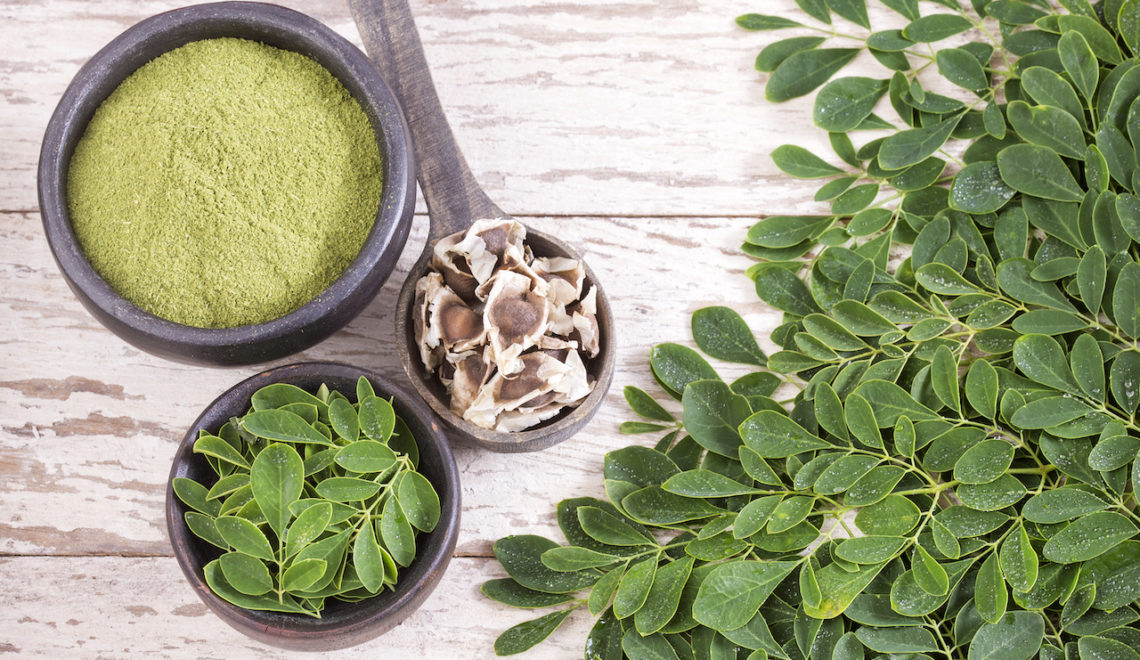When Hurricane Matthew hit Haiti this October, it left in its wake tattered homes, destroyed crops, and displaced people struggling to feed themselves.
Haitian and international agriculture officials estimate that the mature fruit trees and other crops destroyed by the hurricane will take about 10 years to recover. Furthermore, local markets are not operating normally and families outside of the impact area do not have access to food.
The government had estimated a 2.2 percent growth in Haiti’s economy this year, but experts expect the actual number to be in the negative due to the damages and loss from Hurricane Matthew. With the rising price of goods and over half of a family’s income going toward buying food, economists expect severe shortages and food insecurity issues.
Today, only two percent of Haiti’s original forest remains, and the area hardest hit by the hurricane was one of the few remaining lush areas in the country, reducing small trees, crops, and fertile top soil. With agriculture accounting for only 20 percent of Haiti’s Gross Domestic Product — second only to commerce — much work needs to be done to replenish the land for sustenance.

Evidence of deforestation at the border of Haiti and the Dominican Republic. The left side is Haiti; The right side is the Dominican Republic.
Planting Moringa in Haiti
In an effort to help Haiti recover some of its forests and assist farmers in growing crops, Kuli Kuli has partnered with the Smallholder Farmers Alliance to plant fast-growing moringa trees through a method called agroforestry, a process in which farmers plant a variety of trees to diversify crops, replenish Haiti’s soil and reduce erosion.
Moringa is also used locally in Haiti as a food source for farmers and locals alike. Because of its growth rate, moringa leaves can be harvested after just six months of planting. Seeds, tools, and training are provided to local farmers who then cultivate and harvest the moringa leaves for local produce and export to the global market. Kuli Kuli pays for the leaves at above-market value through Smallholder Farmers Alliance. In turn this brings income, education, and nutrition to Haiti with the added benefit of reforesting the land.
Planting moringa trees could potentially help minimize the damage of future storms by helping prevent erosion and protect other plants from high winds. By increasing the number of trees on the island — coupled with infrastructure improvements, such as paved roads — Haitians will be able to create root systems, improve water drainage, and increase food supply.
Supporting Haitian Farmers
In order to effectively help reduce the devastating effects of natural disasters in Haiti, it is imperative for local and international resources to focus on identifying and investing in long-term solutions rather than focusing only on short-term aid and handouts.
Kuli Kuli will be donating a percentage of all online sales through the end of the year to its local partner, Smallholder Farmers Alliance and its own recovery operation. By supporting Haitian farmers and arming them with the tools and resources they need to build resilience against the devastating effects of natural disasters, we can all help make a sustainable difference to the future of Haiti and the island of Hispaniola.
Kuli Kuli has also added two new products to the online store: The Haiti Experiment, a book by SFA co-founder Hugh Locke, and Timberland leather iPad cases. 100% of the sales of these items will go directly to SFA.













